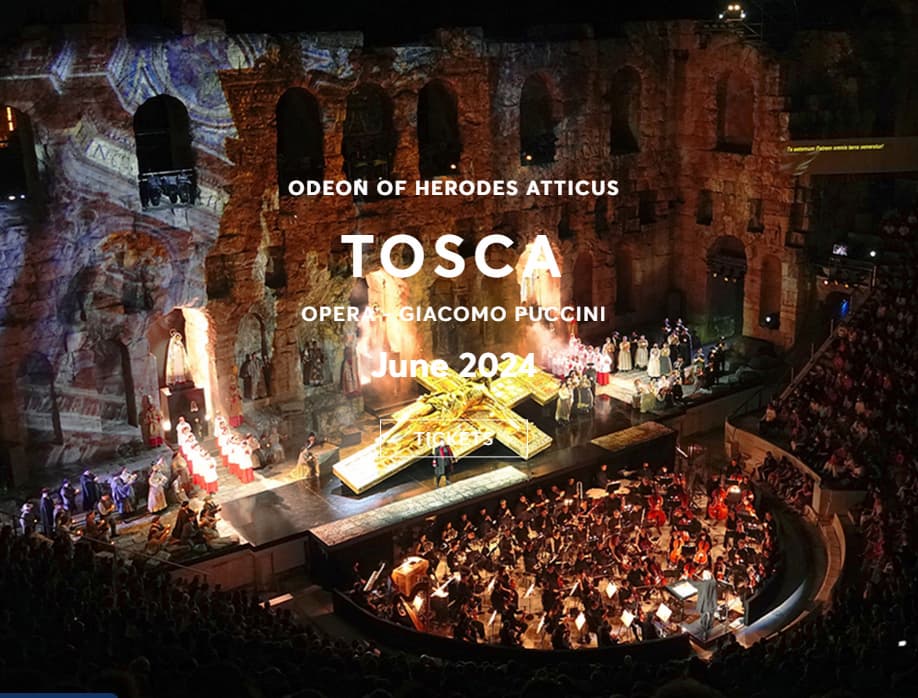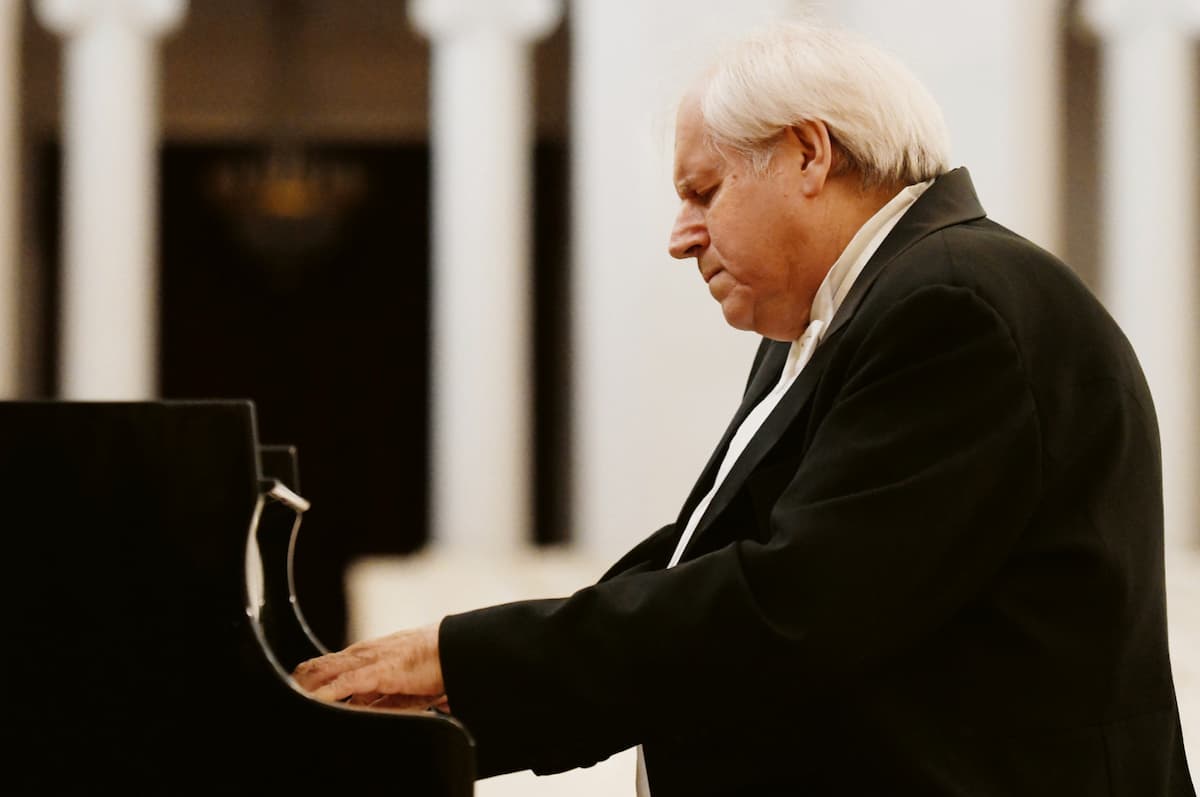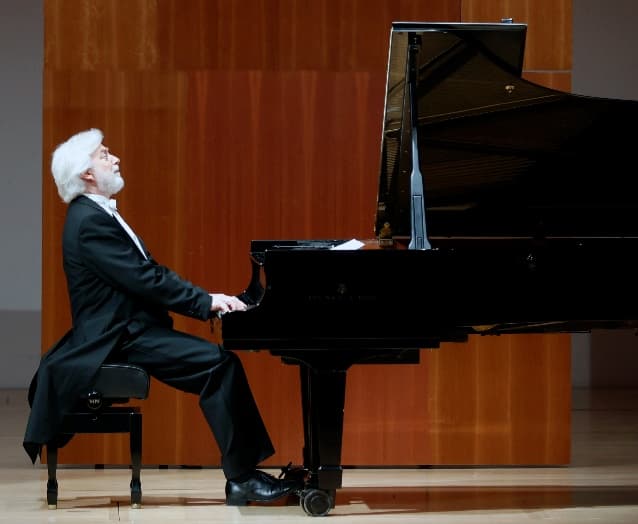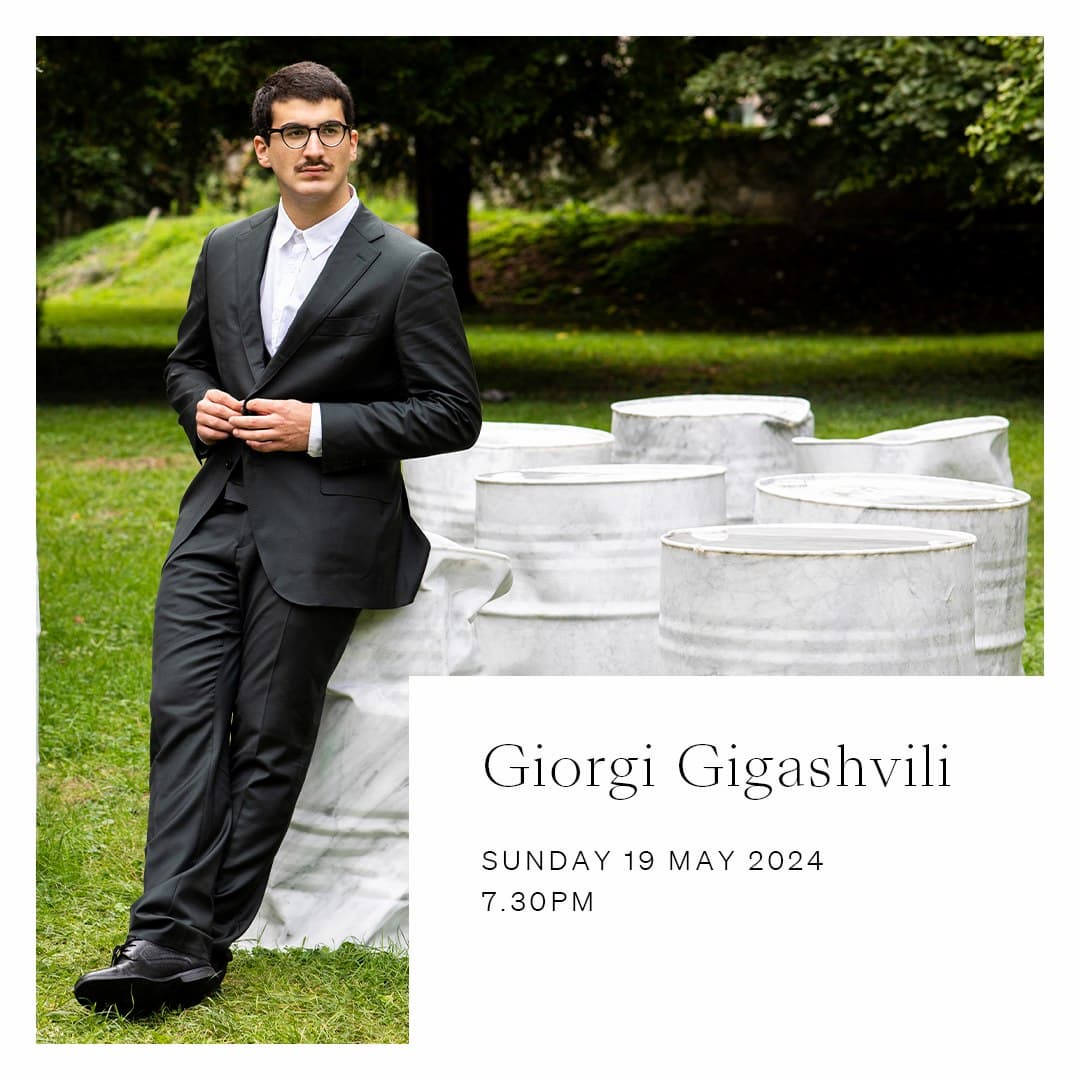Nobuyuki Tsujii & Orpheus Chamber Orchestra Full Concert
The year 2023 marks the 10th season of HKU MUSE (My University Spotlight Encounters), a series of programmes presented by the Cultural Management Office of the University of Hong Kong (HKU). As a concertgoer in Hong Kong, I feel obliged to commend them for their outstanding work, from the selection of artists and innovative programming to the exceptional acoustics of the Grand Hall, which has a similar design to Alice Tully Hall in New York.
HKU MUSE celebrates its decennial anniversary with a stellar line-up, including Gavriel Lipkind’s Complete Bach Cello Suites, Paul Lewis’ Schubert 12 Piano Sonatas, Isabelle Faust’s Beethoven Complete Violin Sonatas with Alexander Melnikov, Russian Piano Classics by Konstantin Lifschitz & Alexei Volodin, and concerts by Daishin Kashimoto & Alessio Bax and Nobuyuki Tsujii.
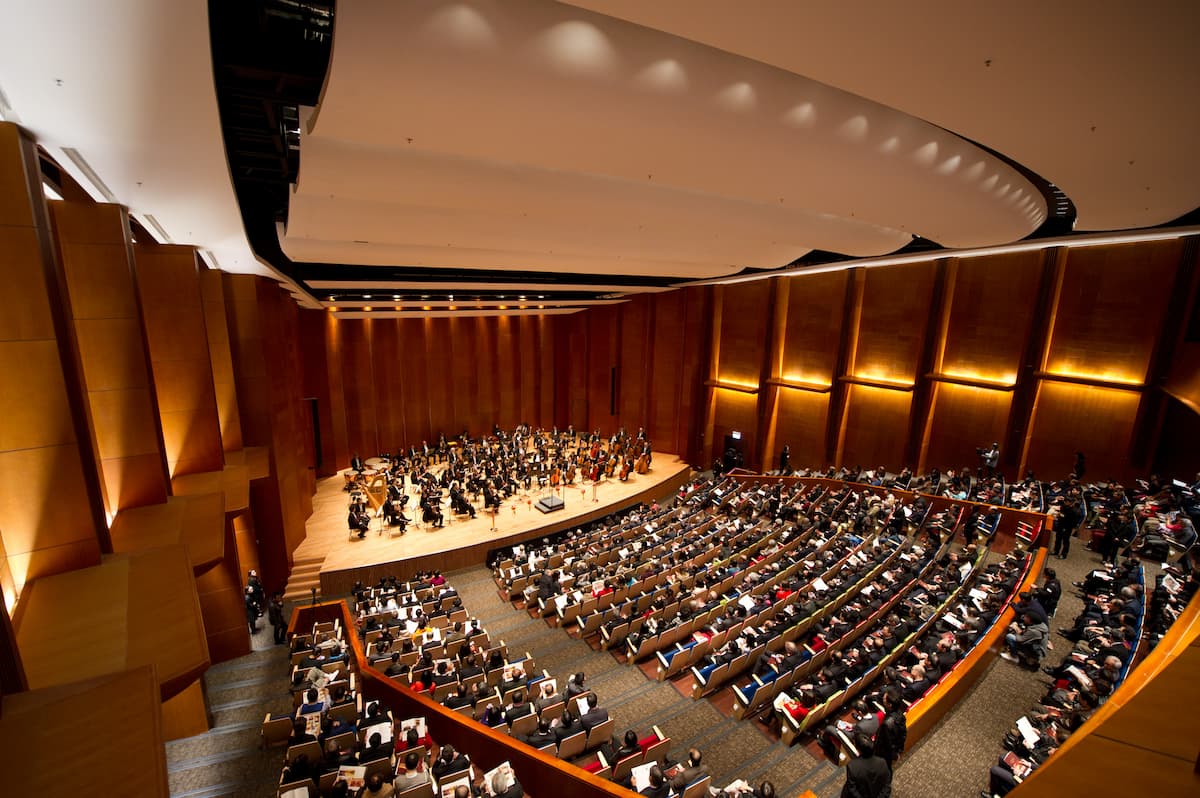
Orchestral performance at HKU Grand Hall
On this occasion, I had the pleasure to talk to Professor Daniel Chua, founder of HKU MUSE and Chairperson of the Department of Music of HKU, and Sharon Lu, Programme Director of HKU MUSE, both of whom generously shared their memories and thoughts on HKU MUSE. The text has been edited for length and clarity.
D: Prof. Daniel Chua, S: Sharon Lu, A: Anson Yeung
The Start of HKU MUSE
A: What brought about the idea of establishing HKU MUSE?
S: The expansion of the HKU campus took place around ten years ago, and at the heart of the new campus sits the multi-purpose Grand Hall. Our team was established to look after the cultural programming of the Hall. It was also inspired by the fact that many world-leading universities have a long-standing history of presenting series, including Princeton University, the University of Michigan, and Stanford University. As one of the best universities in Asia, HKU has a similar cultural mission.
A: What are the missions of HKU MUSE? How does HKU MUSE achieve them?
S: We want to present programmes that are inspiring, innovative, and informative. HKU MUSE carries a dual goal – we hope to brand HKU as a cultural destination externally, enrich HKU’s campus life and create an imaginative atmosphere internally. We aspire to open the world of music to newcomers and deepen the understanding of the people who are already in the know.
D: One would think of innovation as what is the most modern or most progressive, but it’s also about introducing new talents and performances that are innovative. It’s not necessarily new music but the actual interpretation of the reading, just like how Gavriel Lipkind has reinvigorated my thinking of Bach. How you curate a concert and whom you invite are more important than anything else.
The Uniqueness of HKU MUSE
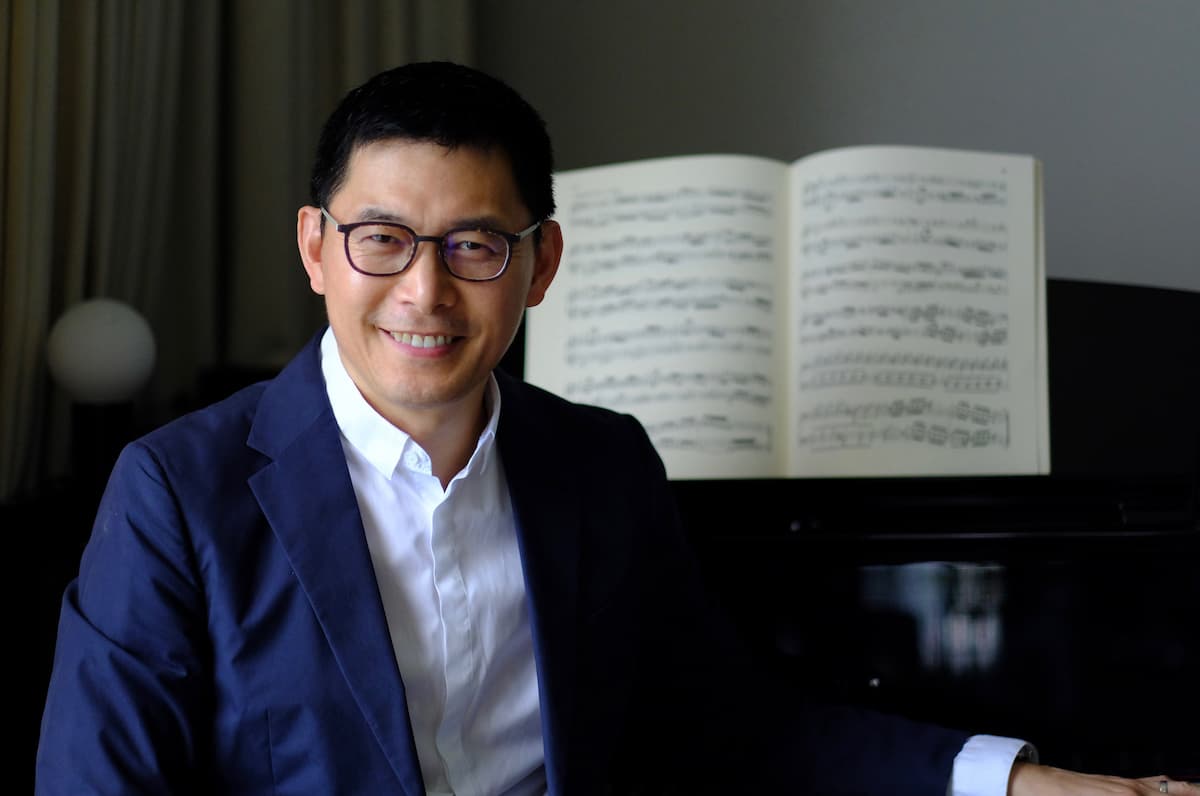
Professor Daniel Chua, founder of HKU MUSE and Chairperson of the Department of Music of HKU
A: How does HKU MUSE stand out from other concert presenters?
S: Firstly, our hall possesses the best acoustics in Hong Kong. Secondly, we are blessed with extensive academic resources, including our music professors and their wealth of knowledge, and collaborations with other institutes. The third one is our students, for whom we provide many different opportunities to learn and present their work. Finally, it is a professional team – we can’t just dream things up without making them happen.
D: Our job isn’t simply to fill the seats. For example, we invited the musicians of the Hong Kong Philharmonic to the series Orchestral Spotlights, highlighting different instruments of the orchestra. Our aim was not to fill the hall but to do something that would be exciting for orchestral players, introduce new music, and inspire people to explore them.
A: What are the considerations in the selection of artists and programming?
D: It’s always about excellence and whether this person will bring something that enriches the community. HKU MUSE can take more risks and be more on the cutting edge. We would rather fill the hall with someone that has something different to offer and create that experience of innovation and inspiration.
S: There are so many great musicians, but not all are willing to engage on the level we require them to. If an artist is willing to engage, to share both on and off stage, to explore and to take risks, then he or she will be on my radar. It should be an all-rounded visit, instead of merely a two-hour concert. For instance, Jean Rondeau was really open-minded – he accepted my suggestion of a jam session with guzheng and worked with our early music ensemble students. It takes time to nurture the relationships with artists and their managers. Our track record is also important so that artists would trust that we have the capability of making things happen and would be willing to take the risks together.
D: It’s also decided early on that we should do complete cycles simply because it is an entirely different experience. Working on such crazy projects (e.g. Bartók’s Complete String Quartets, Beethoven’s Complete Piano Sonatas, Bach’s Complete Well-Tempered Clavier) has fostered our friendships with musicians like Takács Quartet, Konstantin Lifschitz and Angela Hewitt, because they believe in what we are doing.
Lifschitz’s Beethoven Cycle at HKU
A: How does HKU MUSE strike a balance between catering for the needs of the general public and connoisseurs?
D: There is always a glass wall between the stage and the audience, and we want to break that wall. Inviting the artists to speak or have a dialogue opens the door to people and helps them engage with the music.
S: We endeavour to provide ample supporting elements to our programmes in the form of workshops, talks, virtual lectures, and house programmes. For example, for the Complete Beethoven Piano Sonatas by Konstantin Lifschitz, we organised three talks in different languages with different speakers so that everyone could get something out of it. As for outreach, we have also been holding the Messiah Sing-Along, allowing the public to enjoy the joy of music.
We are also devoted to interdisciplinary projects, such as the Ink Art & New Music series, which is a collaboration with the M+ Museum and Bard College Conservatory of Music in New York. Through virtual lectures, commissioned works inspired by ink art and live performances by a mixed ensemble of Chinese and Western instruments, we hope to bridge the gaps between visual arts, Chinese music, and contemporary Western music and attract aficionados of other disciplines to classical music.
A: As part of an academic institution, what learning opportunities did HKU MUSE offer to students?
S: Our musicology students get to author programme notes under supervision, whereas our student musicians have performed with our visiting artists (e.g. Hong Kong Philharmonic, Choir of St John’s College, Cambridge). Meanwhile, our composers have worked with world-class musicians like the Szymanowski Quartet and the Juilliard String Quartet. As for arts administration, our students have hands-on experiences in running a concert series, from backstage preparation to proofreading materials, to publicity and video editing. Many of them actually went on to become arts administrators after graduation.
COVID-19 Pandemic
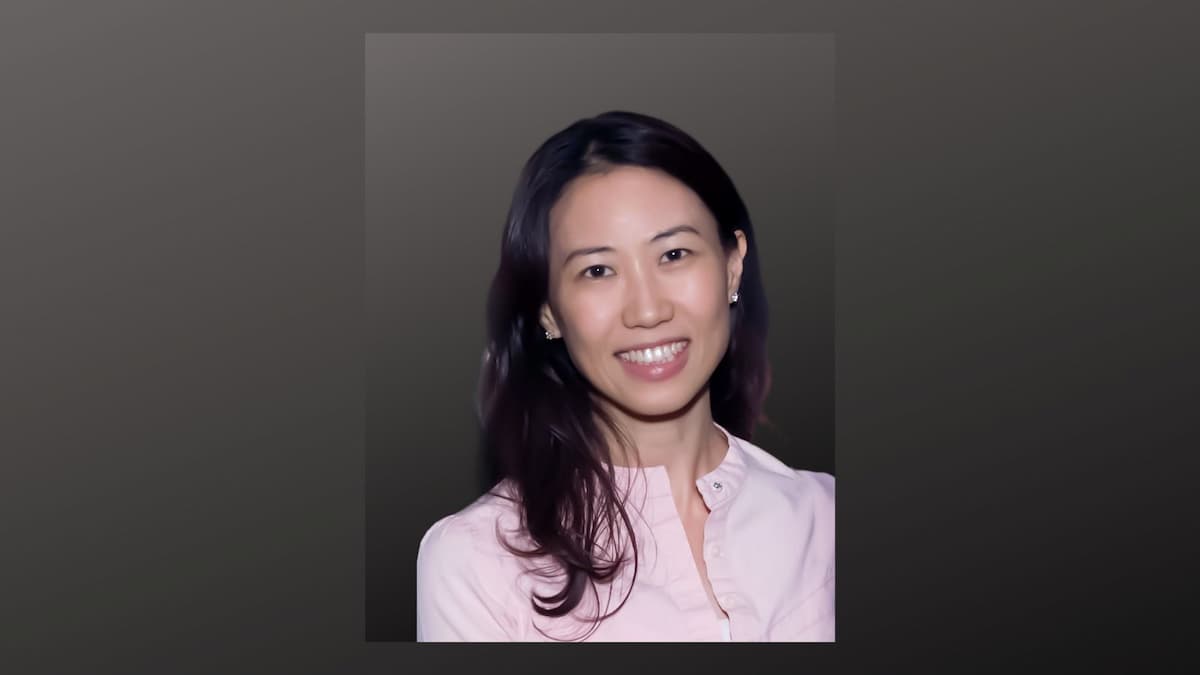
Sharon Lu, Programme Director of HKU MUSE
A: The COVID-19 pandemic has caused havoc in the performing arts world. What challenges did HKU MUSE encounter?
S: It’s mostly the constant changing of policies and additional resources required of us. The reaction time is a lot shorter than before, in terms of cancellations or sudden opening up, so we have to be really flexible. Another challenge would be to still conceive meaningful projects during this time. For example, we presented a new series called Around Twilight, a lecture demonstration series in which aspiring musicians from Hong Kong are invited to spotlight a work important to their instruments with conversations and performances.
Stravinsky’s Clarinet
A: Professor Chua, what inspired you to curate the “Music in Words: In the Times of COVID-19” series?
D: I wanted to try out a new format where we can explain a piece of music that might be relevant during the pandemic. It’s like a professor explaining it, but in a way that is accessible and provides insights into how people interpret and understand this music (i.e. hermeneutics) so that they will make new discoveries when they encounter that piece again.
As for the dialogues with musicians, my view is that they are even more knowledgeable than us, as they have to know and interpret every note. So, my job is not to show off my knowledge, but to facilitate the exchange of knowledge with musicians, by asking the right questions for them to articulate their understanding of music.
Music in Words: Impromptu in the Time of COVID-19
Looking Back and Forward
A: What is your favourite HKU MUSE project?
D: They are all good… What can be not memorable about talking to musicians like Paul Lewis or Jeremy Denk, who have so many interesting ideas, and then hearing them live? So, I really can’t name a favourite.
S: There are just too many to name. For instance, Yunchan Lim really blew me away – very different from the ones I invited before. Lifschitz’s Complete Beethoven Piano Sonatas were quite something too. It’s a rare chance to experience a composer’s artistic life from the beginning to the end, and his struggles and growth through all 32 sonatas. Once you hear them all together consecutively, you will not hear a single sonata the same way anymore.
A: What should we look forward to in this season?
D: Isabelle Faust will give us a unique reading of Beethoven’s Violin Sonatas, while Paul Lewis will perform and discuss Schubert’s Piano Sonatas. Russian pianists Konstantin Lifschitz and Alexei Volodin will join forces to play Rachmaninoff’s Complete Preludes alternately and other Russian gems – how often do you hear two extraordinary concert pianists that are friends just hanging out and playing Russian music? What’s more exciting is that they will be playing the seldom-heard Medtner! These are not going to happen elsewhere in Hong Kong.
A: Finally, some people claim that classical music is dying. What are your thoughts on the future of classical music and the role of HKU MUSE?
D: The average age of the audience in Hong Kong is not that old – I don’t think they need to be “educated”, but the key is more on the outreach. We just do the best that we can possibly do, because music does speak for itself if you curate it right, by making sure the concepts are amazing, the concert experience is good, and no one feels intimidated. We present music in a way that preserves a kind of “joyful seriousness” and brings the best music-making that we possibly can. I believe quality always speaks more than anything else, and it cannot be compromised for whatever reason, commercialism included. Hong Kong people deserve high-level music-making, just like anywhere else in the world.
S: I don’t think classical music will die, but it will not become a “popular” culture. Classical music is a delicate and valuable gem that whoever is willing to discover, it’s here to explore. It’s a treasure trove that captures human essence and expressions, through which we can discover about ourselves, go through hardships, or share our joy with others. But there are so many different forms of art that can touch us – be it literature, paintings or movies. If music is the one, we are here for you. If it’s something else, it’s fine. If you happen to come to our concerts by serendipity and you are touched, I think we’ve achieved what we wanted to. Especially in a university, you understand that even more because there are experts in all fields. You will not be able to comprehend every field, but you respect those who work so hard to advance that field. Same with classical music, and I happen to be in that field.
For more of the best in classical music, sign up to our E-Newsletter

